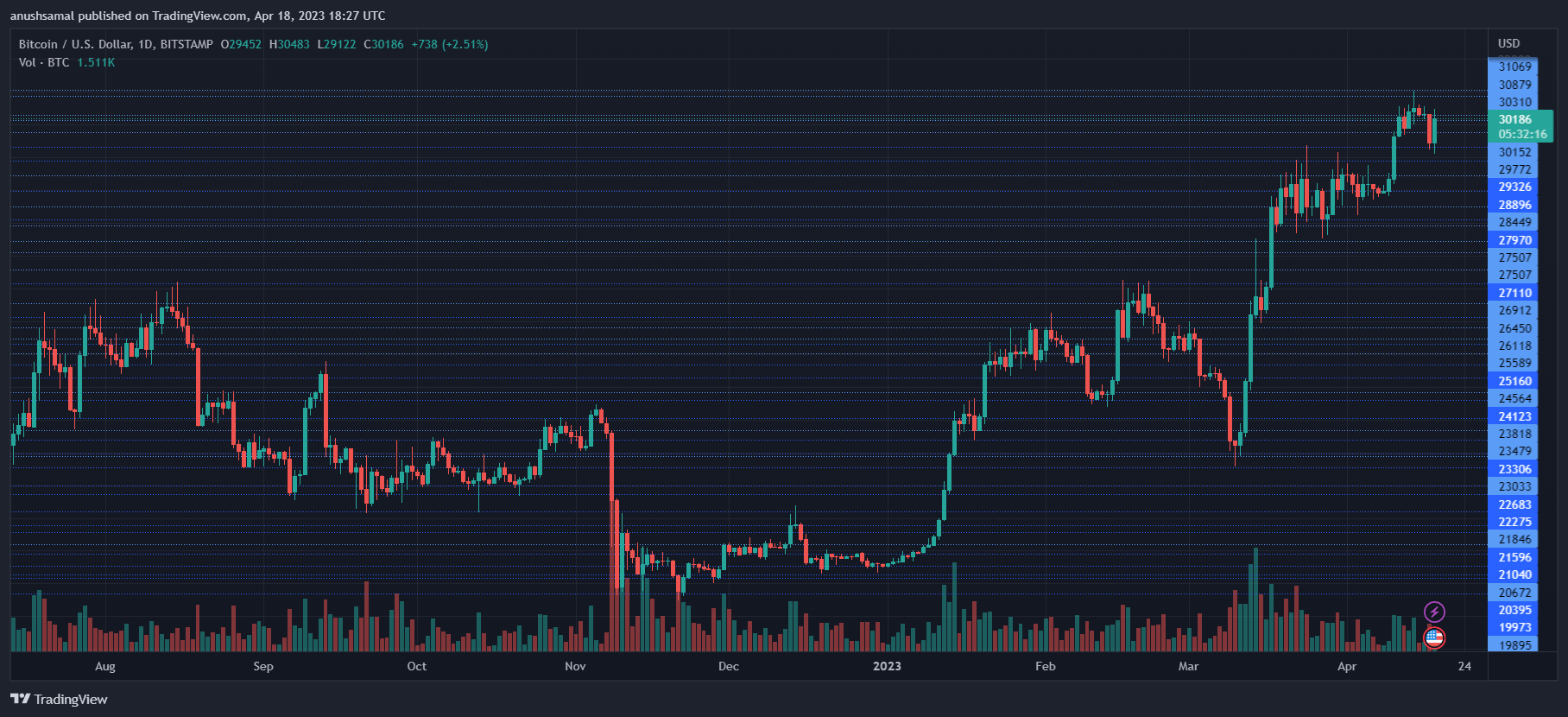The United Arab Emirates’ securities regulator has declared that it is now accepting license applications from firms keen on offering cryptocurrency services within the country. According to a press release on April 17th, the UAE is more proactive in regulating digital currencies within its borders.
It is now mandatory for crypto firms wanting to operate in the UAE to acquire a license from the Securities and Commodities Authority (SCA). The SCA has directed that all virtual-asset service providers (VASPs) in the country, except those already licensed in UAE’s financial-free zones, apply for approval.
Following the UAE Council of Ministers’ previous year’s decision to regulate the cryptocurrency sector, the SCA recently endorsed this licensing regime. Since the beginning of this year, the SCA has been entrusted with regulating the sector.
To obtain authorization from the regulator, virtual-asset service providers (VASPs) must demonstrate “operational efficiency and flexibility” and meet specific operational standards.
Dubai and Abu Dhabi, among other emirates, have already established licensing frameworks for cryptocurrency firms, and the local industry has supported Dubai’s recently introduced regime.
Other Details About Crypto Licensing
The SCA has clarified that crypto firms operating in Dubai, which set up their licensing framework last year, must obtain approval from the country’s securities regulator and a license from the Dubai Virtual Asset Regulatory Authority (VARA).
The new regulation outlines digital asset business activities requiring a license, which include brokerage, custody, platform operation, and virtual asset service providers, as defined in Article (5).
The new regulation grants the Securities and Commodities Authority (SCA) the power to request supplementary documents from crypto companies under Article (6). Alongside this provision, Article (7) stipulates minimum capital requirements for firms, which must comply with the anti-money laundering guidelines of the Financial Action Task Force (FATF).
The UAE, which is presently on FATF’s grey list, faces increased scrutiny, making it essential for cryptocurrency companies to uphold high transparency and accountability standards.
As per the recent announcement, there are plans to amend the virtual-asset rule book in 2022. This update to the legislation will see the inclusion of financial activities like brokerage and custody of virtual assets.
A new category of virtual-asset service providers will also be added to the rule book. This move indicates the country’s commitment to regulating the rapidly growing cryptocurrency sector in the UAE, which has recently seen a significant increase in interest.
The SCA took over the regulation and supervision of the cryptocurrency sector in February, focusing on protecting investors’ funds in virtual assets from illegal practices. The SCA will also oversee investment-related virtual asset transactions, while the UAE’s central bank will regulate crypto used for payments.

by anushsamal via Bitcoinist.com
Comments
Post a Comment